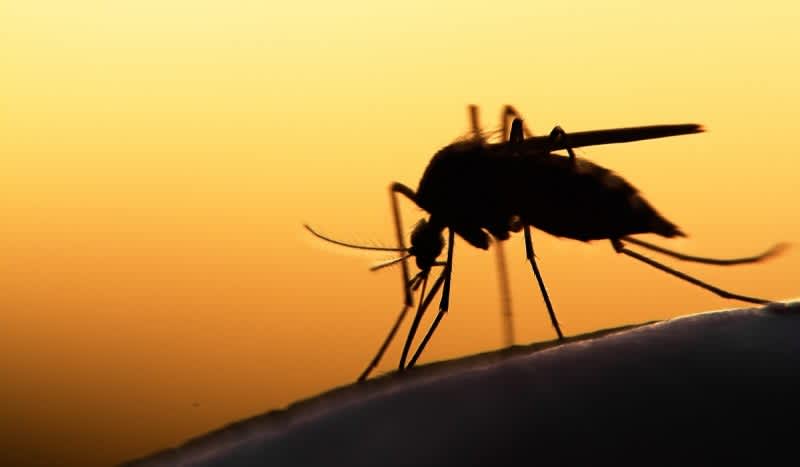Michigan Residents On Alert After 3rd Possible Case of Eastern Equine Encephalitis Detected
OutdoorHub Reporters 08.27.19

Health officials in Michigan are warning residents of three possible human cases of eastern equine encephalitis (EEE).
According to the CDC, eastern equine encephalitis is a rare but fatal mosquito-borne virus which can cause brain infections and swelling. Reports of the disease in the U.S. remain uncommon, however roughly 33% of those affected with EEE die and many survivors go on to experience some sort of neurological problems.
While those three possible cases remain under investigation in Kalamazoo and Berrien counties, the Michigan Department of Health and Human Services also says it has confirmed a case of California encephalitis virus in Genesee County.
Symptoms of EEE to look for
EEE might show up with sudden fever, chills, body and joint aches. While California encephalitis may include fever, headache, nausea, vomiting, fatigue and lethargy.
EEE fatal to horses
In their press release, MDHHS said six horses – who were not vaccinated – in Barry, Kalamazoo and St. Joseph counties contracted the disease and have died. Currently, there is no vaccination to protect humans from the virus.
According to Click On Detroit, two deer found in Barry and Cass counties were also diagnosed with EEE.
What you can do
Leading up to a popular travel weekend, the MDHHS is advising everyone to take proper precautions to prevent mosquito bites. Here’s some simple steps you can follow when spending time outdoors:
- Apply insect repellents that contain the active ingredient DEET, or other U.S. Environmental Protection Agency-approved product to exposed skin or clothing, and always follow the manufacturer’s directions for use.
- Wear long-sleeved shirts and long pants when outdoors. Apply insect repellent to clothing to help prevent bites.
- Maintain window and door screening to help keep mosquitoes outside.
- Empty water from mosquito breeding sites around the home, such as buckets, unused kiddie pools, old tires or similar sites where mosquitoes may lay eggs.
- Use nets and/or fans over outdoor eating areas.

